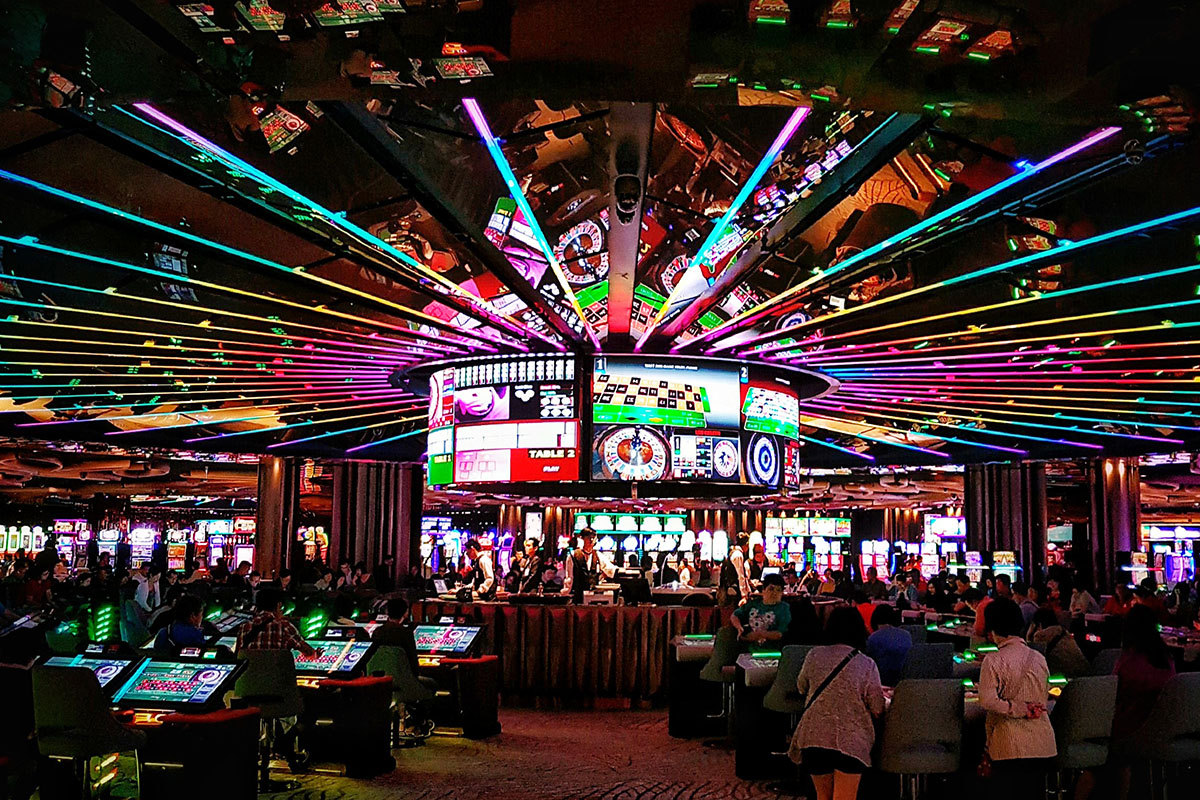
A world of entertainment has seen numerous changes over the years, but not many have captured the creativity and thrill of players like casino games. Originating in the bustling halls of Las Vegas, Nevada and Atlantic City, these games have moved beyond boundaries and cultures, becoming a global phenomenon. Whether in the bright lights of a luxury resort to the comfort of virtual platforms, the allure of gambling games is irrefutable, drawing millions into a world of luck and tactics.
As an increasing number of nations accept gambling in various forms, the influence of U.S. casino games is obvious. They have not only influenced local gambling markets but have also sparked countless adaptations and innovations globally. Classic games such as the poker and blackjack, along with new variations, have created a shared language of entertainment that connects across varied populations. The combination of gambling risks, reward, and social interaction found in these games fosters a unique sense of belonging, further cementing their place in the global entertainment landscape.
Historical Summary of U.S. Casino Games
American casino games have a diverse and colorful past that reflects the cultural evolution of the U.S.. The origins of these games can be traced back to multiple European gaming traditions brought over by settlers. Activities like the poker game, the blackjack game, and the roulette game found their way into the mosaic of American culture in the 19th century, gaining fame in bars and riverboats. These venues provided the perfect setting for community engagement and rivalry, laying a solid basis for casino gambling as we know it today.
As the country expanded westward, gambling evolved in tandem with it. The Gold Rush era in the mid-1800s saw the rise of gambling towns such as Deadwood and Tombstone, Arizona, where gambling activities were played with big bets, frequently accompanied by an air of lawlessness. Ga179 This time paved the way for the formalization of casino games in the beginning of the 20th century, notably with the establishment of Las Vegas as a gambling hotspot. The building of opulent casinos changed the gambling landscape, creating an atmosphere where gambling activities could flourish and attract visitors from across the globe.
In the past few decades, the approval of casino gambling in various states has further expanded the variety of games available. U.S. casinos now feature a mix of classic games and innovative options that cater to modern players. This growth has allowed for a distinct blend of old and new, enabling the continuous development of casino culture in America. The international influence of these activities has also contributed to their inclusion into international gambling industries, showcasing the lasting influence of U.S. casino gambling activities across the globe.
Worldwide Acceptance and Impact
The growth of U.S. gambling titles has marked a notable shift in the international gambling landscape. With their attraction crossing borders, these games have enthralled players around the globe. From Texas Hold’em tournaments to slot machines, American styles have found a home in many international casinos. This transfer of culture highlights how adaptable and compelling these titles are, tailoring to local preferences while preserving their classic American charm.
Additionally, the influence of these titles extends beyond conventional gambling establishments. Online platforms have played a crucial role in promoting American gambling games, making them accessible to players worldwide. The convenience of online gaming has introduced millions to opportunities that were once confined to brick-and-mortar casinos. Players can now play their beloved games from any location, creating a new wave of enthusiasm and expanding the player base significantly.
This widespread acceptance is also seen in the integration of American casino titles into local cultures. Countries that have adopted these games often organize their own versions and tournaments, mixing local traditions with American gambling traditions. This blend not only enriches the gaming journey for participants, but it also underscores the strong influence that U.S. casino titles have on both entertainment and social engagement across different cultures.
Cultural Adaptations and Innovations
Gambling games have undergone significant changes as they spread across different societies. Every area has taken in features of American gambling while adding its own traditions and habits. For instance, the rise of online casino platforms has allowed for the inclusion of local flavor into classic titles like Texas Hold’em and 21. Gamblers now enjoy versions that incorporate regional wagering styles and distinct rules, making the games more relatable and welcoming for different crowds.
In numerous countries, the popularity of casino games has led to the development of localized versions that showcase cultural themes and stories. This flexibility has paved the way for creative game development that resonates with gamblers on a individual level. Slot machines, for instance, now showcase visuals and sounds that celebrate local heritage, folklore, and popular culture, which in turn improves the gaming experience and promotes a sense of community among players.
Moreover, the worldwide impact of American casino games has led to new game formats and blended styles. Some venues have combined traditional betting with amusement elements, such as live shows or interactive tech, resulting in a more engaging atmosphere. These developments not only attract a wider audience but also guarantee that the essence of gaming continues to evolve, connecting gaps between different cultures while maintaining the excitement that casino games are known for.
